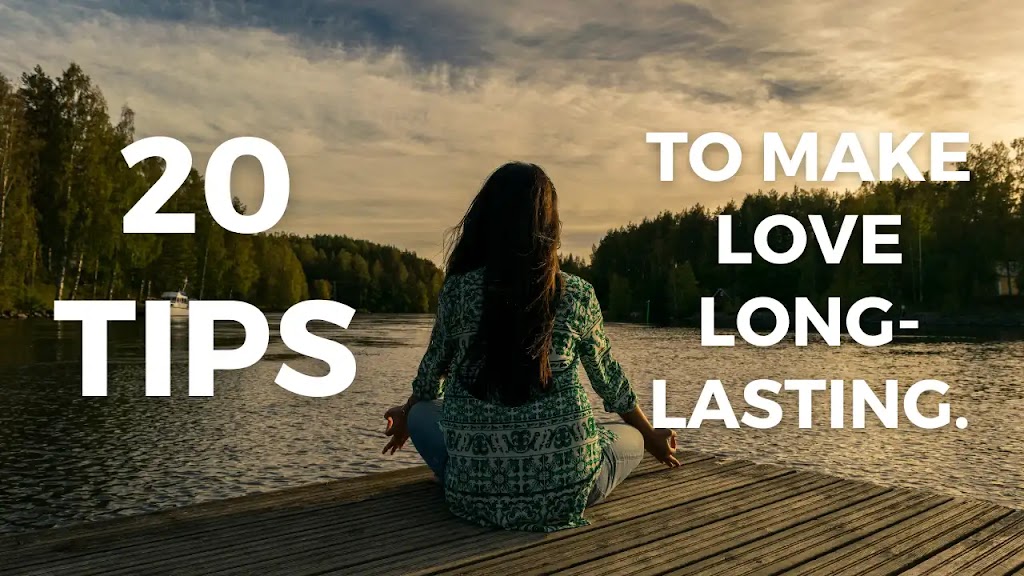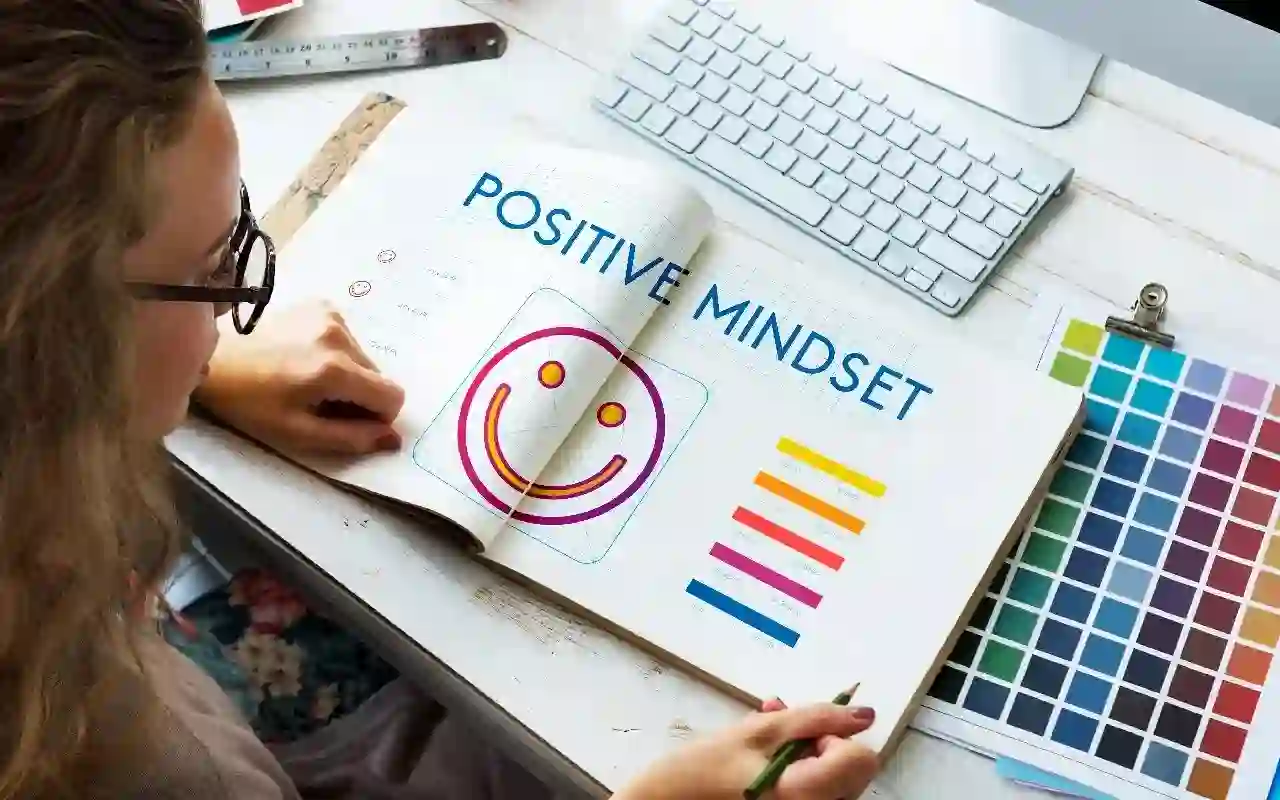Love is an inexplicable emotion that has the power to make us feel both the highest highs and the lowest lows. As teenagers, we often find ourselves lost in love, consumed by the passion and intensity of our feelings. Yet, all too often, these feelings are unrequited, leaving us feeling heartbroken and alone. In this article, we will explore the secrets behind the unrequited love of teenagers, examining the psychological, social, and cultural factors that contribute to this complex and often painful experience.
 |
| Image by lookstudio on Freepik |
What is Unrequited Love?
Unrequited love is the experience of loving someone who does not reciprocate your feelings. This can take many forms, from a crush on a classmate who does not feel the same way, to a deep and enduring love for someone who is already in a committed relationship. Regardless of the specifics, unrequited love is a common and painful experience for many teenagers.
The Psychology of Unrequited Love
From a psychological perspective, unrequited love can be incredibly challenging to deal with. Our brains are wired to seek out love and connection, and when we are unable to find it with the person we desire, it can trigger a range of negative emotions.One of the most common psychological reactions to unrequited love is rumination. When we are rejected by someone we love, our brains tend to fixate on the rejection, replaying the moment over and over again in our minds.
This can lead to a downward spiral of negative thinking, causing us to feel even more isolated and hopeless.Another common psychological reaction to unrequited love is idealization. When we are in love with someone who does not love us back, it is easy to put them on a pedestal, seeing only their positive qualities and ignoring their flaws. This idealization can make it even more difficult to move on from our feelings, as we are unable to see the object of our affection as anything less than perfect.
The Social Dynamics of Unrequited Love
Unrequited love is not just a psychological experience – it is also shaped by the social dynamics of our relationships. As teenagers, we are navigating a complex social landscape, full of cliques, hierarchies, and social norms. These dynamics can impact the way we experience and express our feelings of love.One social dynamic that can contribute to unrequited love is the friend zone. This is a term used to describe a situation where one person is romantically interested in another, but the other person only sees them as a friend.
This can be a difficult position to be in, as the person who is interested in a romantic relationship may feel like they are constantly trying to prove themselves or win over the other person, only to be met with rejection.Another social dynamic that can contribute to unrequited love is the popular kid phenomenon. As teenagers, we are often drawn to the people who are considered popular or cool. We may see them as the ultimate romantic prize, and feel that if we can win their affection, we will be accepted and validated by our peers. However, this can lead to unrequited love if the person we are interested in is not interested in us in return.
The Cultural Context of Unrequited Love
Finally, it is important to consider the cultural context in which unrequited love occurs. Love and romance are deeply embedded in our cultural narratives, from movies and television shows to books and music. These narratives can shape our expectations and perceptions of what love should look like, and can contribute to the intensity and complexity of our feelings.One cultural narrative that can contribute to unrequited love is the idea of the one true love.
This is the idea that there is one perfect person out there for each of us, and that finding that person will bring us eternal happiness. However, this narrative can be dangerous, as it sets us up for unrealistic expectations and can lead to feelings of despair if we are unable to find our one true love.Another cultural narrative that can contribute to unrequited love is the idea of love at first sight. This is the idea that we can fall in love with someone simply by looking at them, without really knowing anything about them. While this may be a romantic idea, it can also be problematic, as it can lead us to fall in love with people who are not a good match for us or who do not feel the same way.
How to Cope with Unrequited Love
Dealing with unrequited love can be incredibly challenging, but there are strategies that can help us cope. Here are a few tips:
- Give yourself permission to feel your emotions. It is okay to feel sad, angry, or frustrated when your feelings are not reciprocated. Allow yourself to feel these emotions without judgment or self-criticism.
- Take care of yourself. Make sure you are getting enough sleep, exercise, and healthy food. Spend time doing things you enjoy, such as reading, listening to music, or spending time with friends.
- Talk to someone you trust. It can be helpful to talk to a friend, family member, or counselor about your feelings. Having someone to listen and offer support can make a big difference.
- Practice self-compassion. Treat yourself with kindness and understanding, just as you would treat a close friend who is going through a difficult time.
- Focus on personal growth. Use this experience as an opportunity to learn more about yourself and what you want in a relationship. Consider setting goals for personal growth and taking steps towards achieving them.
Conclusion
Unrequited love is a complex and often painful experience, particularly for teenagers who are navigating the ups and downs of adolescence. From a psychological perspective, it can trigger rumination and idealization, while social dynamics such as the friend zone and the popular kid phenomenon can make it even more challenging to cope with. Cultural narratives about love and romance can also contribute to the intensity and complexity of our feelings. However, by taking care of ourselves, talking to someone we trust, and practicing self-compassion, we can learn to cope with the challenges of unrequited love and emerge stronger and more resilient on the other side.




